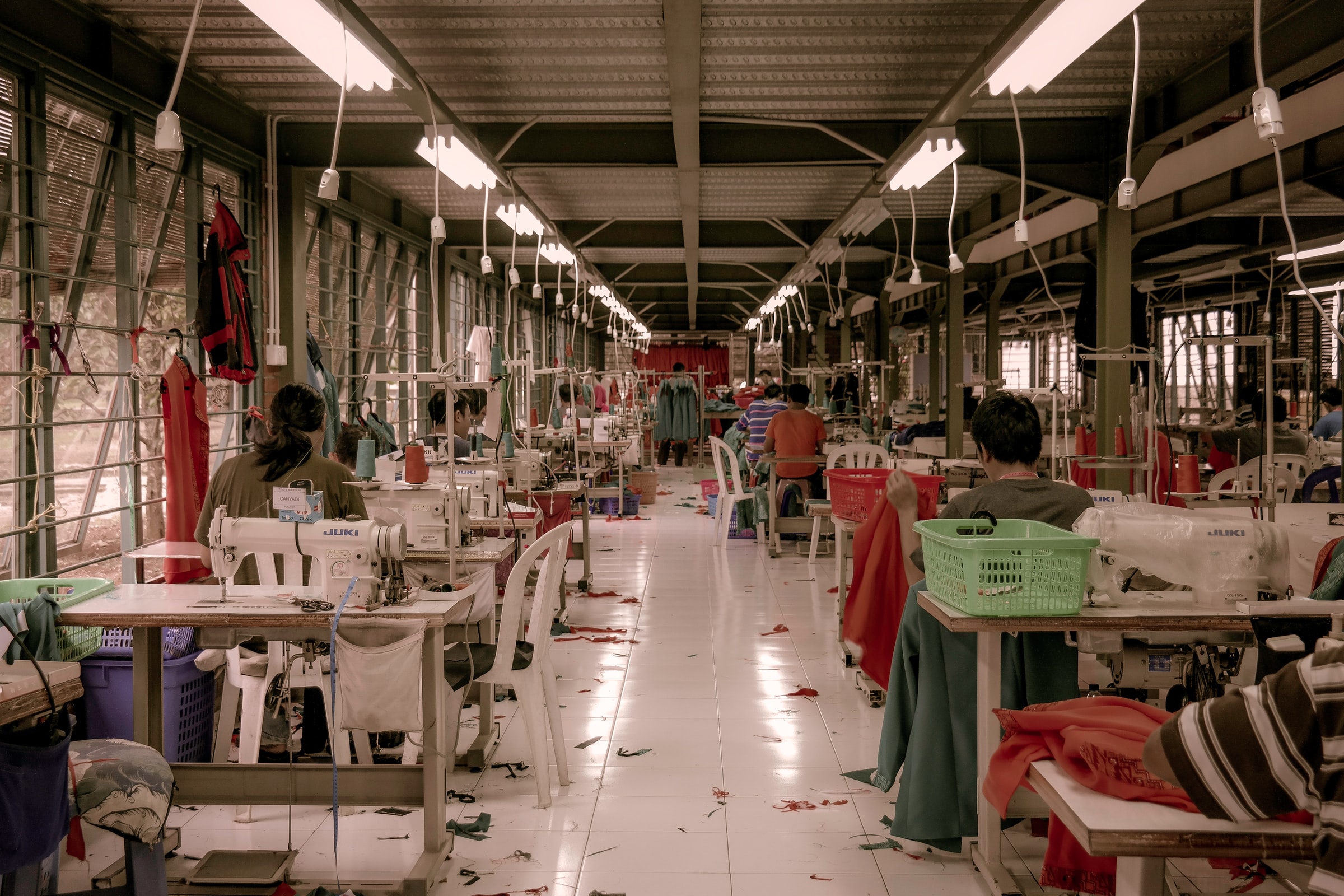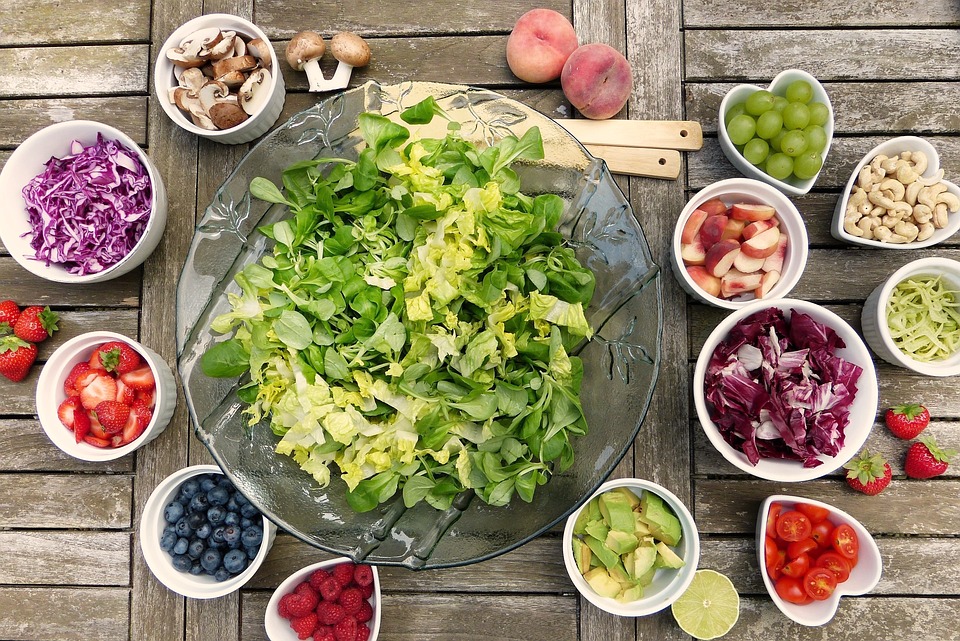It’s 2022, and we need to start acting together. We have to do better because if we don’t start to get our act together, our planet is going straight to hell. We need to change the way we live and consume products. You can focus on the little things, and yes, even the little things can make a big difference.
Changing your lifestyle can sometimes be difficult, but according to some research, if you do something continuously for 21 days, you can adopt that lifestyle. Without further ado, let’s take a look at how you can adopt a greener lifestyle.
What is a sustainable lifestyle?
It is difficult to clearly define the concept of sustainability. The basic ideas behind it have been known for centuries. But for a long time, there was no word for it. Basically, people have always tried to live by this principle. Sustainable living means not consuming more than can be grown, regenerated, or made available in the future.
It is especially in the case of indigenous peoples that we can still see the corresponding action plans today. As a rule, they only produce or harvest what they need. Sustainability first appeared as a term in 18th-century forestry literature. However, the concept at that time was based more on economic interests than on environmental protection.
It was not until the United Nations conferences in the 1980s and 1990s that a somewhat clearer picture of sustainability developed. Since then, the main concern has been “to live in such a way that a life worth living is still possible on earth for future generations”.
1. Consume less fast fashion

The first way to adopt a sustainable lifestyle is to abandon fast fashion and buy from ethical companies instead. By consuming eco-friendly brands, you can minimize the damage to our society and environment. Reformation and Vetta are among the many fashionables and sustainable companies that practice ethical means of production in hopes of minimizing the fashion industry’s impact on the environment.
However, the best way to make a positive change when it comes to clothing consumption is to recycle your current wardrobe or donate or buy from thrift stores. And let’s face it, who doesn’t want to save the Earth in a pair of vintage Levis? These pieces are always chic and timeless and minimize the damage to our environment.
2. Promote reusables in the bathroom and kitchen
As our grandmothers and previous generations did, favoring reusable items in the home is an ecological gesture that avoids finding disposable products in the wild afterward. Especially since some products can take up to hundreds of years to degrade, for your hygiene, prefer, for example, washable discs and wipes to remove your make-up and to wash your baby, rather than the classic disposable cotton pads.
As for the traditional sanitary napkins, cotton swabs, paper towels, aluminum foil… ecological alternatives exist, such as menstrual cups and panties, oriculi, or even beeswax conservation paper: they are reusable and biodegradable! Use glass jars for your groceries to limit plastic packaging that pollutes the environment in the kitchen. The result is zero waste and great savings!
3. Avoid single-use plastic

Most plastics are not biodegradable and end up in landfills or the ocean, causing damage to wildlife and the environment. Often, plastics also contain chemicals that can make animals sick or injured. Single-use plastic can be easily replaced with reusable items such as straws, water bottles, etc. You can also use reusable containers instead of wrapping food in foil, plastic wrap and/or Ziploc bags. If you have no alternative to single-use plastic, recycle it like many of us on a college campus!
4. Limit your meat consumption
It’s not for everyone, but stopping or completely limiting your meat consumption has a huge impact on the well-being of our planet. Not only will it promote a healthier lifestyle, but it will also promote a healthier planet! The meat industry is a huge contributor to greenhouse gas emissions, so by supporting it, you are directly supporting its unethical and unsustainable practices. In terms of food production in general, anything produced organically has a more sustainable value than the alternative.
5. Reduce water waste

In my experience, limiting unnecessary water use is easier said than done. However, I have found that shortening my showers from 15 minutes to 5 minutes is a good place to start! Other ways to reduce water waste are: not leaving running water unattended or unused, doing laundry only when there is a full load, etc.
Many environmental and societal benefits can be reaped by reducing water consumption, including minimizing droughts, reducing carbon, and preventing pollution from infecting our global water supply.
Sound off in the comments section below and tell us what you want to read next and if you want to read more about living a more sustainable lifestyle.






